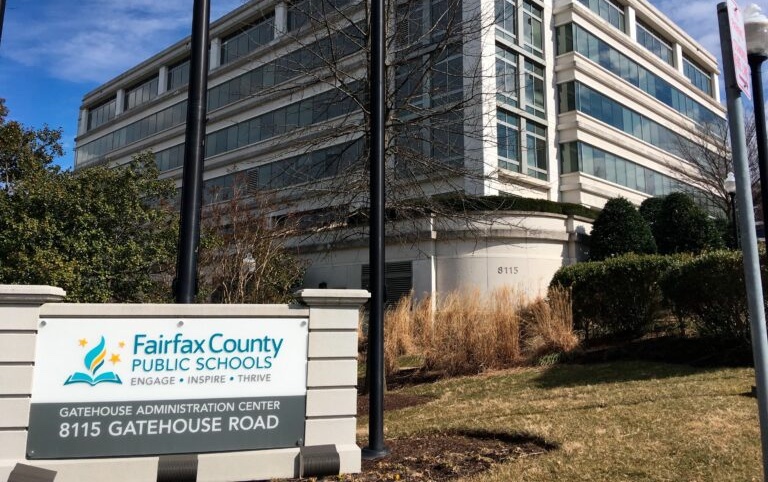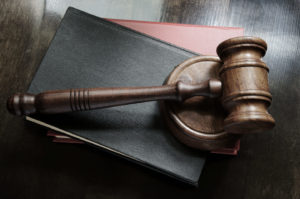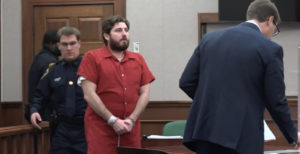Supreme Court denies school district’s request for review of sexual assault case
A Virginia school district’s appeal that it shouldn’t be held liable in a sexual assault case involving two students was rejected by the U.S. Supreme Court on Monday.
The case is one of two…

A Virginia school district’s appeal that it shouldn’t be held liable in a sexual assault case involving two students was rejected by the U.S. Supreme Court on Monday.
The case is one of two against Fairfax County Public Schools alleging the district violated Title IX by failing to appropriately respond to complaints of sexual assault and harassment. This case was filed in 2018 by “Jane Doe;” the other was filed in 2019 by an individual using the pseudonyms of “B.R.” and “Kate.”
Doe’s lawsuit alleges the school did not respond to her complaint over an assault by another student in 2017. While a court ruled in 2019 that Doe was assaulted, it did not assign liability to the school district. However, the 4th Circuit Court of Appeals granted Doe’s request for a new trial.
At issue in this case is the matter of assigning liability to schools in a situation involving a single event of misconduct between students when the school is not made aware of the misconduct until after the fact.
An advisory opinion from the 4th Circuit Court of Appeals stated that a statute “makes plain that a school may be held liable when it makes a student vulnerable to sexual harassment by their peers, such as by failing to respond appropriately after learning of an initial incident of sexual assault.” However, Judge Paul Niemeyer disagreed with the assignment of liability to the school system from an isolated event that the school was not aware of until afterwards.
Fairfax requested that the Supreme Court review the case. Among those opposing the review was U.S. Solicitor General Elizabeth Prelogar, who filed a brief arguing the 4th Circuit’s “precedents confirm that a school may be liable under Title IX for educational harms inflicted on a student by the school’s deliberate indifference to sexual harassment even when those harms do not include additional harassment.”
On Monday, the Supreme Court denied Fairfax’s request. The court also considered the Justice Department’s advice that the Court turn down Fairfax’s request, stating that schools should bear responsibility for their response to incidents such as these.
The other Title IX lawsuit against the Fairfax district involves similar allegations about mishandling sexual assault claims. In the suit, “Kate” alleged that the school failed to act in response to her reports of harassment and assault by another student during her time as a student at Rachel Carson Middle School. The incidents in the suit date back to the 2011-2012 school year.
After filing a complaint with the U.S. Department of Education’s Office of Civil Rights in 2014, Fairfax reached a settlement deal that office. However, in 2019, Kate filed a complaint against the school district.
The litigation process has slowed In light of some controversy and legal hurdles regarding Kate’s privacy and use of pseudonyms; as such, a trial date has yet to be set.
According to an InsideNoVa report, Fairfax is involved in three additional sexual assault and harassment investigations.



